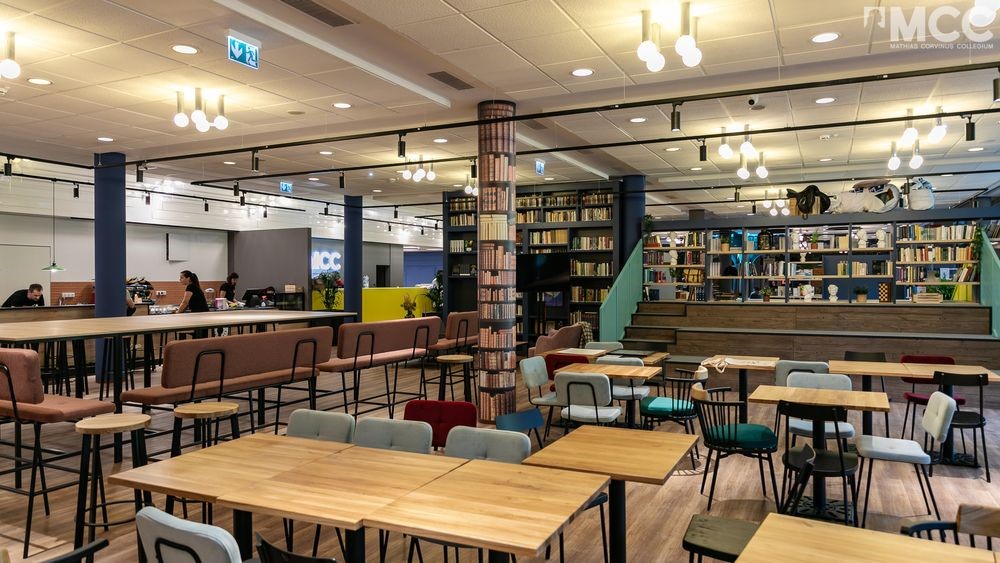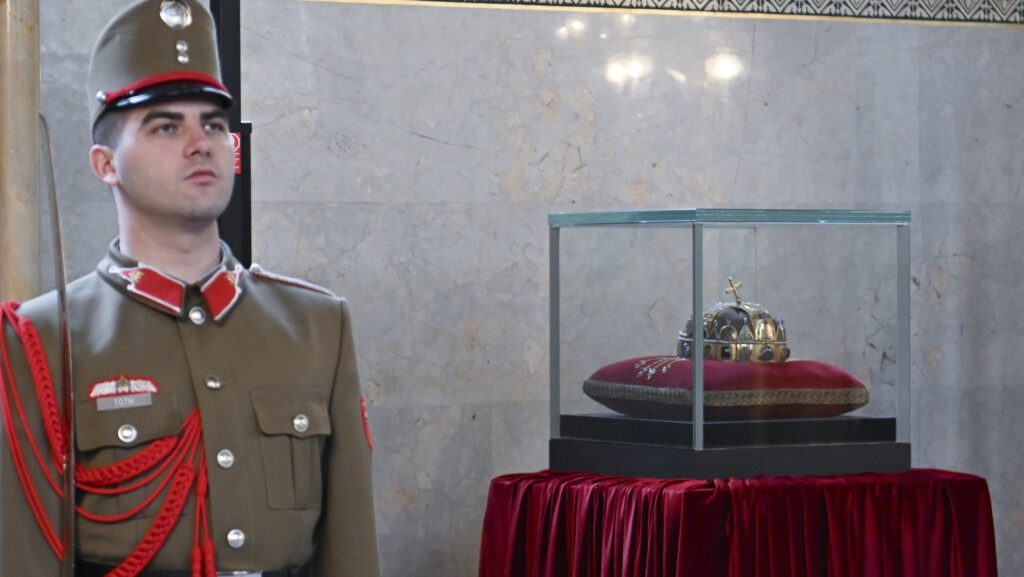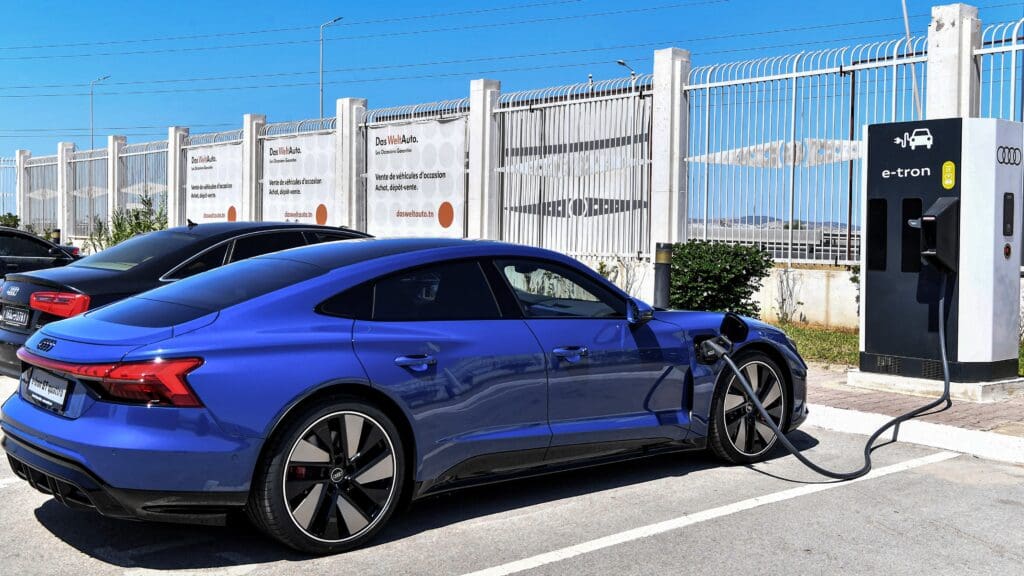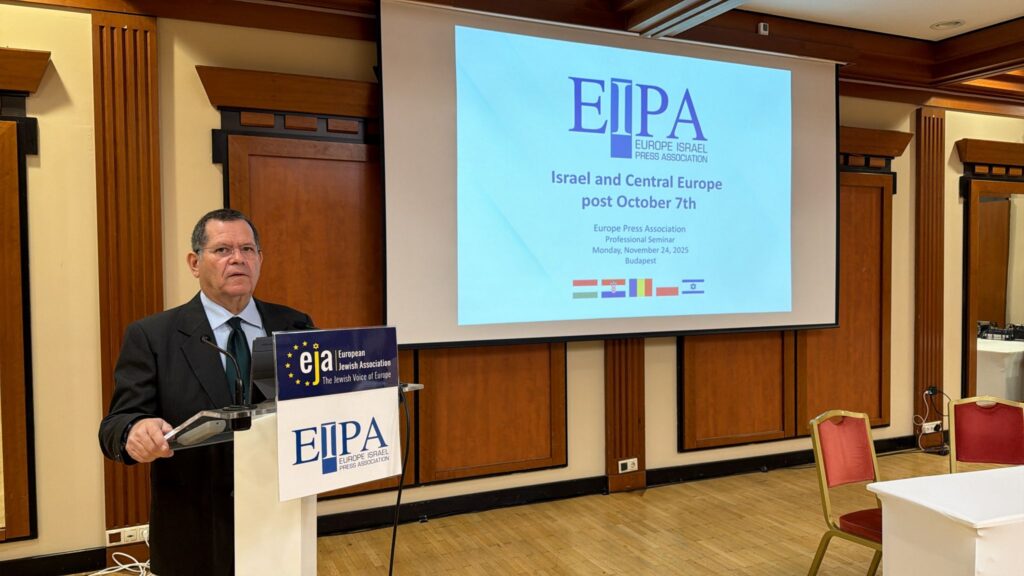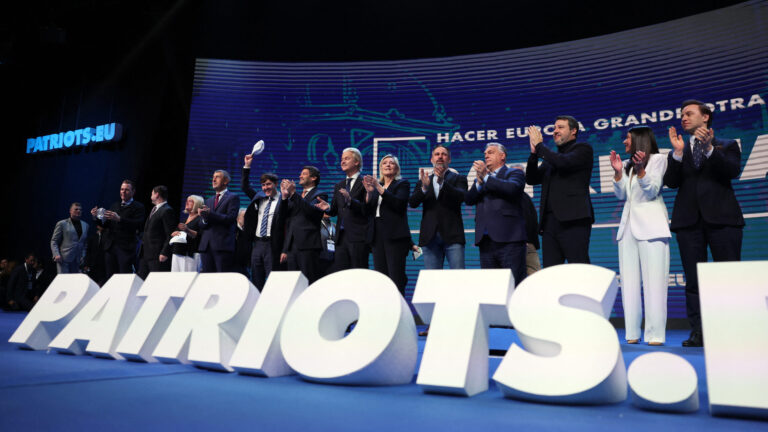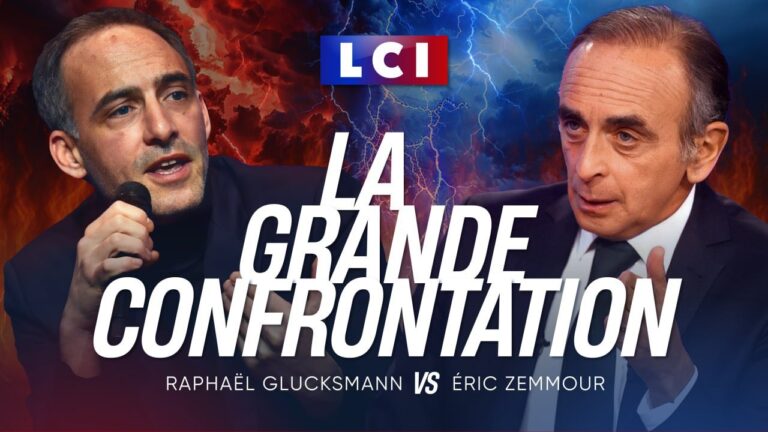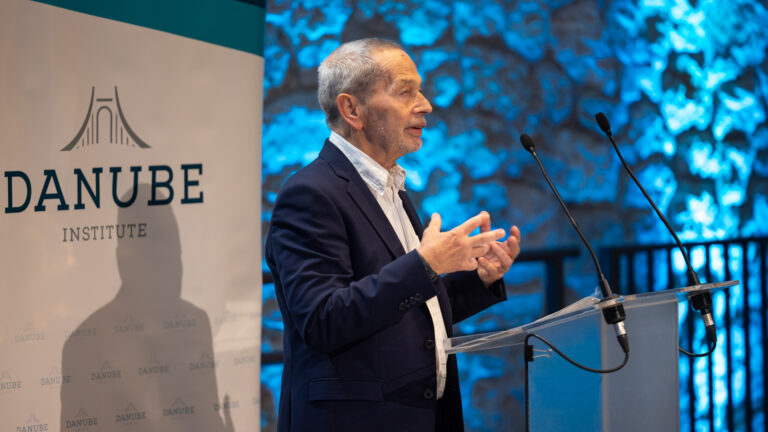In its 55th January-February issue, French geopolitical review Conflits hosted an article by journalist Ophélie Roque, who penned an article on Mathias Corvinus Collegium (MCC). The author described MCC as ‘the incubator of the Hungarian conservative elite’ and remarked on its ambition to ‘weigh in on the intellectual debate and political struggle for the coming decades’.
Conflits’s Deserved Compliments
Roque opens with a description of the atmosphere in Scruton Café, one of MCC’s preferred venues for panel discussions. She reports being surprised by the ‘quasi-American’ air of premises belonging to MCC, which she knows by reputation as the ‘living temple of Hungarian thought’ and as a ‘major actor’ in the Hungarian political landscape and beyond.
Roque then recalls the humble origins of MCC’s 1996 founding as ‘an establishment providing additional training to students from the most disadvantaged backgrounds’. She cites post-Covid as the era when MCC came into its own under the stewardship of Balázs Orbán, who endeavoured to make Hungary’s economic recovery coincide with a renaissance in statecraft.
Roque describes the November 2022 founding MCC’s Brussels branch as positioning itself ‘in the heart of European evil’, further summarising MCC’s different forays on the continent with one sentence: ‘MCC will have a European future or else it will have no future at all’.
Roque also refers to MCC as a seemingly ‘paradoxical’ university. She notably cites the fact that despite its mission to train future Hungarian political elites, MCC admits a great many students from smaller cities, going ‘against the phenomenon of intellectual concentration which is clogging up European capitals’.
Roque finally notes that the results of the US presidential election, deemed by Viktor Orbán the ‘greatest comeback in Western political history’, are certain to make MCC roar into 2025, while those who hoped to bury Hungary along with the possibility of a second Trump presidency ‘still look sad and try to put the broken pieces back together’.
A High-Calibre French Geopolitical Publication
Conflits is a sizeable geopolitical publication in the French media landscape. As of January 2025, it boasts 70 issues (including specials), a monthly audience of 500,000 for its 300+ podcasts, 380,000 YouTube subscribers, 500 affiliated experts, 35 foreign partnerships, 4,200 articles published online and the doubling of its following between 2020 and 2024—a growth that matches MCC’s own take-off since the beginning of the decade.
Conflits’ editorial and scientific committees can be considered a good starting point to the address book of anyone looking for intellectual collaboration, expertise and networking in tandem with the French geopolitical scene.
The former’s editor-in-chief is Jean-Baptiste Noé, who holds a PhD in economic history from Sorbonne University and is a professor of geopolitics and political economy at the Institut Albert-le-Grand, an international program combining humanities and political science. His team covers expertise in a wide array of specialties, ranging from cartography to criminology, medieval history, military history, fiscal policy, cyber strategy and a great many regions of the world.
The latter is composed of university professors with expertise just as diverse and just as acute as that of the editorial committee, originating from every region of metropolitan France. This is a major plus for Western conservatives, and in particular for MCC, whose efforts to not limit its future elites to the confines of the capital are reflected in the French intellectual landscape.
Both MCC and Conflits are proof that future true elites will be moulded against capital city sclerosis.
Potential for Cooperation of Future Franco-Hungarian Elites
Conflits’s recognition of MCC heralds great opportunities for cooperation; but those opportunities go beyond just the two of these actors.
As famed French classical liberal financier and essayist Charles Gave put it in a recent interview for internationally underrated French alternative media Tocsin, the sharp decline in France’s ability to generate quality intellectual elites since the 1980s is directly linked to the prevalence of great schools, centralized in Paris, over regional universities. The alumni of the latter tended to be better, freer and more practical thinkers than their more conformist grandes écoles counterparts.
Contemporary France, particularly in the provinces, is a hotbed of promising scholars and potential statesmen who long for change in their country and throughout the whole of Europe. As Charles Gave puts it in the interview, the brilliance of the young people who come up to him makes him hopeful for the future; but, as he also notes, those brilliant young people are forced to be autodidacts as a result of the rotting of the French education system.
Reaching out with a helping hand is all they would need to fulfil their potential.
In times of institutional decay, one must not endure its consequences and wait for the state to get its act together. Those who deplore bad government ought to take it upon themselves to build up, acquire and organise the connections, means and ideas required to succeed in politics, always keeping this objective in their sights: good government as a baseline, and ever better government, in all sovereign domains of state.
The next French presidential elections will take place in 2027. This means that one year before the end of the Trump presidency, the conservative National Rally, which is already the first party in the French National Assembly, could rule the country until at least 2032—assuredly providing solid support for all conservative states throughout Europe.
Related articles:

